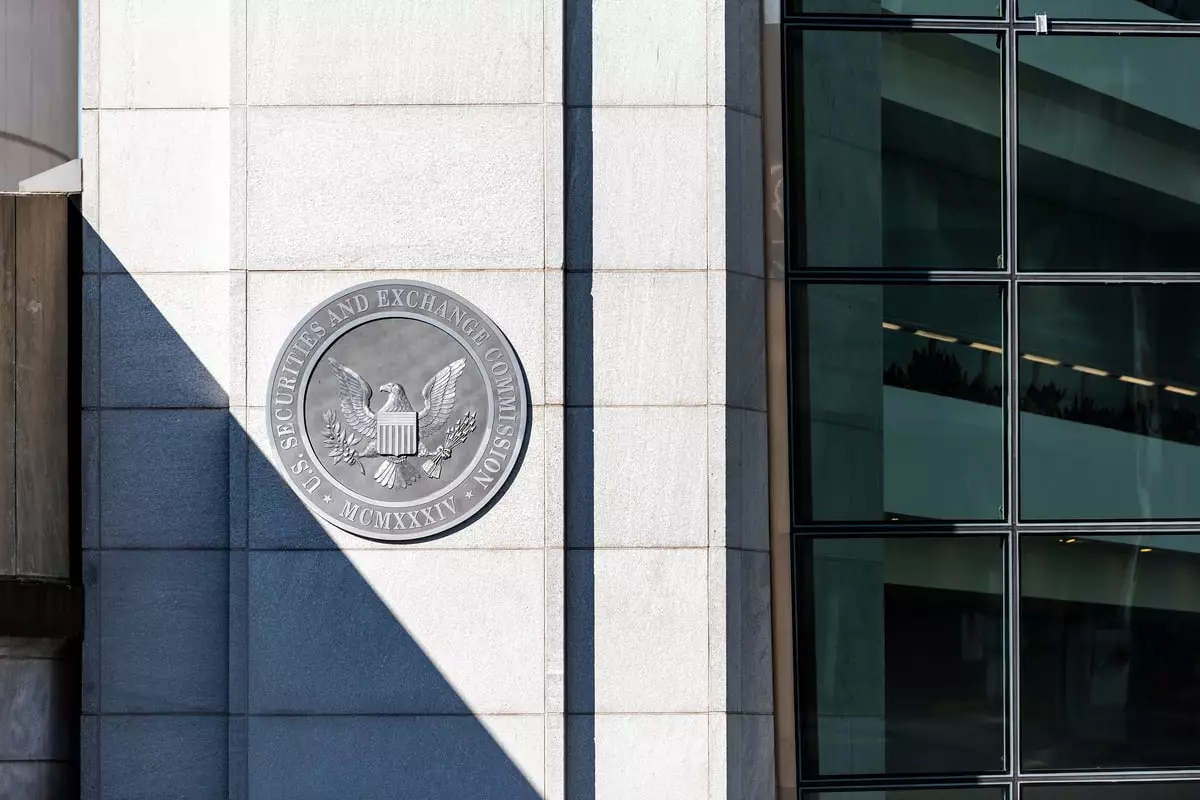Recently, crypto derivatives trading platform Hegic made headlines for a potentially questionable trade with an affiliate company. The platform’s founder, Molly Wintermute, announced that the sister platform Whiteheart would be sunsetted, resulting in a surge of demand for its token, WHITE. However, it has come to light that Hegic purchased a significant portion of the WHITE token’s supply just prior to the announcement. This has raised concerns of insider trading and may lead to a probe by the U.S. government.
Regulatory Ambiguity in Crypto
One of the key issues at play is the regulatory ambiguity surrounding cryptocurrencies. Unlike traditional securities markets, there are no formal rules against insider trading in the crypto space. Regulators are still grappling with how to classify and regulate these digital assets. However, Gary Gensler, the chairman of the Securities and Exchange Commission (SEC), has indicated that he believes many cryptocurrencies fall under the securities umbrella. This suggests that he may view Hegic’s actions as a potential violation of securities laws.
A crucial factor in this case is Molly Wintermute’s role as the sole core developer of both Whiteheart and Hegic. As the person responsible for conducting token sales and controlling the treasuries of these platforms, Wintermute holds a fiduciary duty to their token holders. This duty includes acting in the best interests of the shareholders and avoiding any actions that could harm their profits. By purchasing a significant portion of the WHITE token’s supply before announcing its closure, Wintermute may have violated this fiduciary responsibility.
If the U.S. government decides to investigate Hegic’s actions, it could result in serious consequences for the platform and its founder. Insider trading cases have historically been treated as enforcement cases by regulatory bodies. If the SEC determines that Hegic’s actions were a violation of securities laws, it could lead to significant penalties and damage the platform’s reputation. Additionally, Wintermute may face legal repercussions for breaching her fiduciary duty.
One possible defense for DeFi founders like Wintermute is the claim that they do not control their creations and therefore do not have a fiduciary responsibility. However, Wintermute’s involvement in conducting token sales and controlling the treasuries weakens this argument. As the person entrusted with developing the project and maximizing profits for token holders, Wintermute’s actions can be seen as a breach of trust.
Hegic’s recent trade has exposed the platform to a potential insider trading probe by the U.S. government. The regulatory ambiguity in the crypto space leaves room for interpretation, but the actions of the platform’s founder raise concerns about fiduciary responsibility. If investigations proceed, Hegic and Molly Wintermute may face significant consequences for their actions. As the crypto industry continues to evolve, it is crucial for platforms and individuals to adhere to ethical and legal standards to maintain trust and integrity in the market.



















